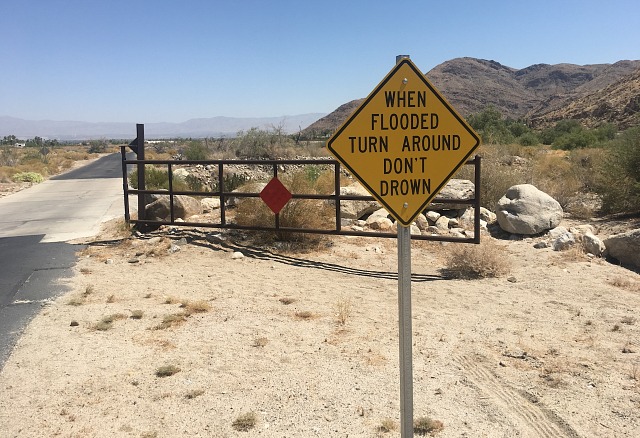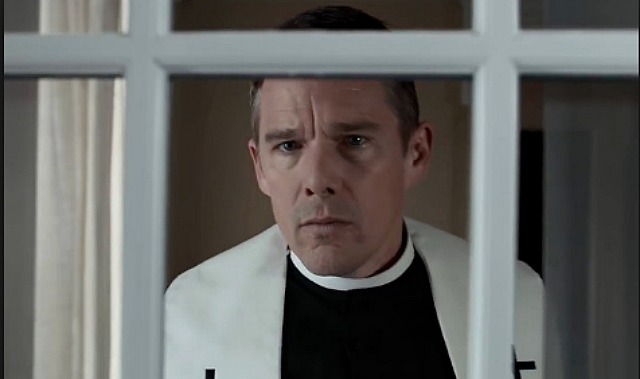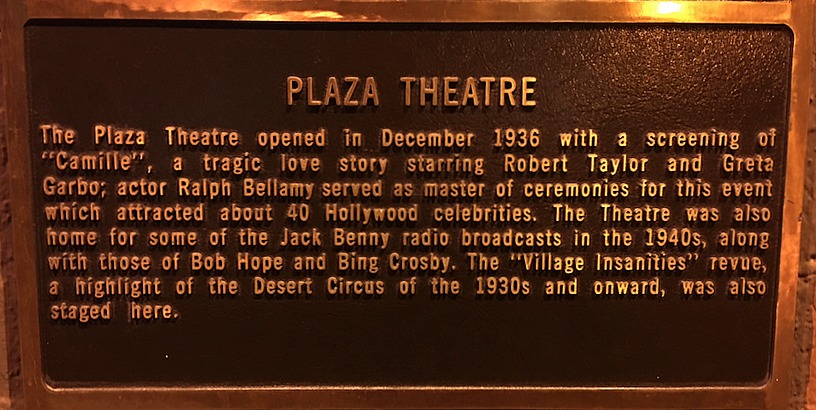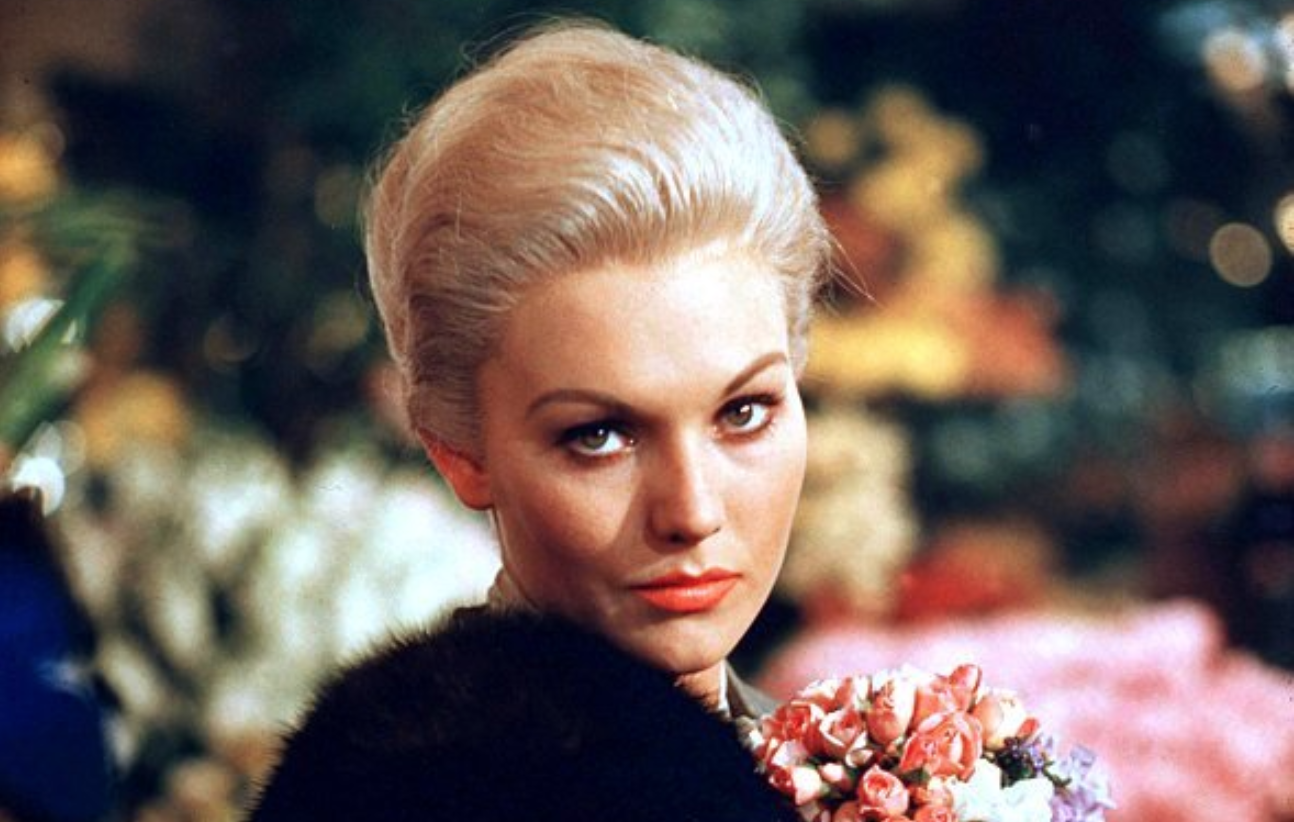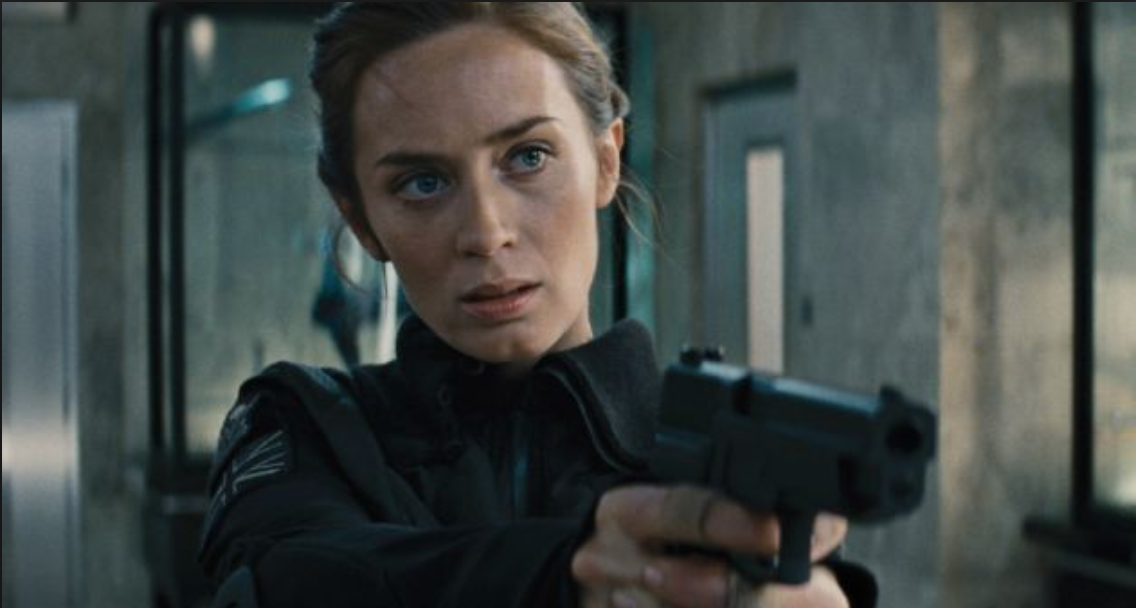Last week Entertainment Weekly‘s Joey Nolfi and Piya Sinha-Rpy suggested 15 Oscar contenders thus far (“Oscars 2019: From Black Panther to Hereditary“). Here they are alongside HE reactions:
1. Spike Lee‘s Black Klansman for Best Picture. HE response: A partly illogical but reasonably decent procedural about an actual undercover FBI operation again the Ku Klux Klan that happened in the ’70s. Great anti-Trump finale but it’s just not stellar enough to rank as a Best Picture contender. Not happening.
2. Ethan Hawke for Best Actor in First Reformed. HE response: Yes! Great performance, superb film, great Schrader comeback. If there’s a God, it’ll happen.
3. Glenn Close for Best Actress in The Wife. HE response: Definitely. Close’s performance stands tall on its own, but the role (gidted writer married to best-selling author) and the film synch perfectly with the #MeToo zeitgeist, and Close is totally owed after six Best Actress noms. She’s not only a Best Actress lock, but she really might win. Hell, she probably will.
4. Ryan Coogler‘s Black Panther for Best Picture. HE response: It’ll be nominated, yes, but don’t forget that only the last hour of Black Panther is really good — the rest is just okay. It’ll get the nomination because of (a) the huge grosses ($699,747,193 domestic, $1,346,344,642 worldwide) and (b) the fact that representational identity politics matter to the New Academy Kidz.
5. Toni Collette for Best Actress in Hereditary. HE response: Agreed, she’s great in this, but when was the last time that the Academy nominated a performance in a horror film? This said, HE totally supports Collette and Hereditary.
6. Daveed Diggs for Best Actor in Blindspotting. HE response: Not a chance.
7. Brad Bird‘s Incredibles 2 for Best Animated Features. HE response: Probably, but it’s not as good as the original and the Academy knows this.
8. Natalie Portman for Best Actress in Annihilation. HE response: Forget it.
9. Wes Anderson‘s Isle of Dogs for Best Animated Feature. HE response: SURE!! What does Justin Chang know?
10. RBG for Best Documentary Feature. HE response: Definitely!!



